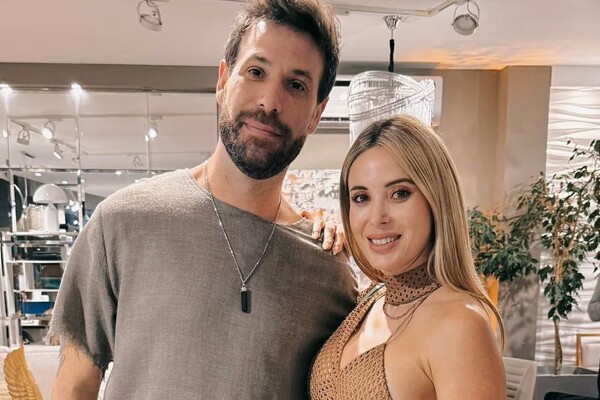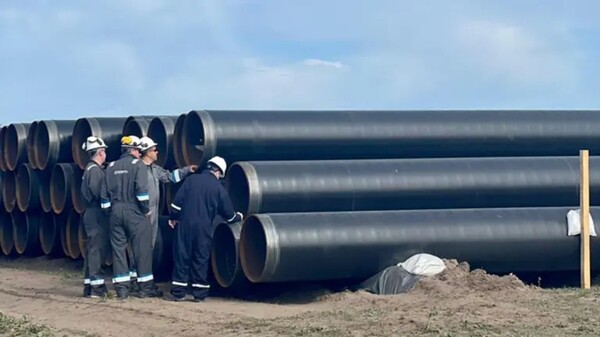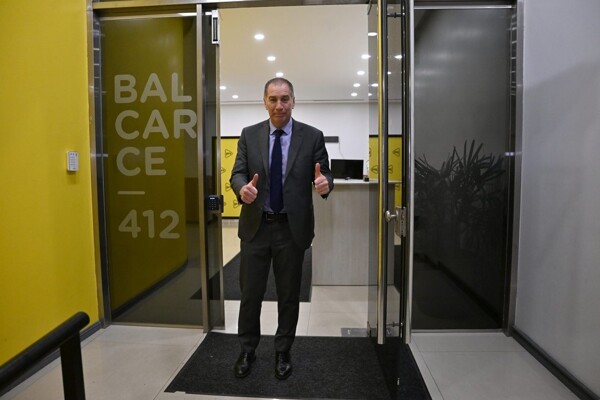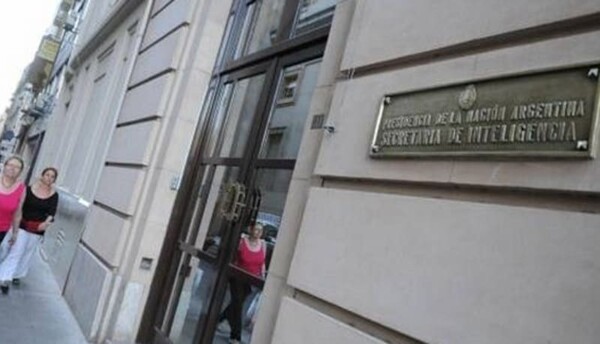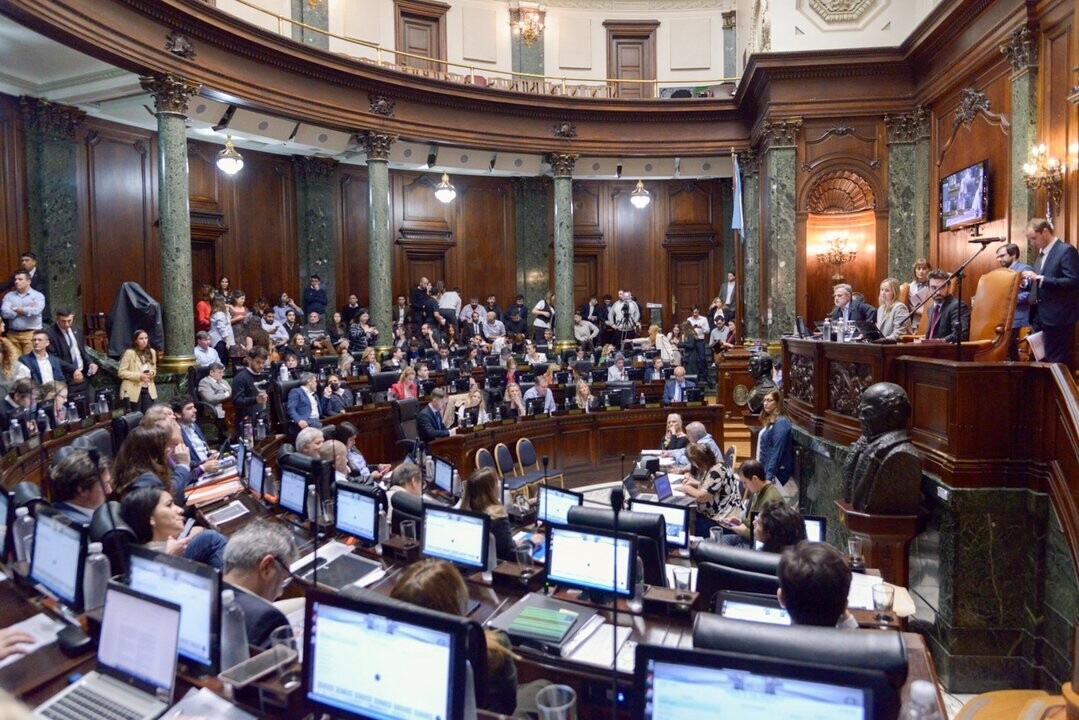
The deadline for closing alliances for the legislative elections in the city of Buenos Aires is next Wednesday, March 19, and amidst this instance, various candidates and political coalitions are emerging. Among the potential candidates of the ruling party are Health Minister Fernán Quirós and Laura Alonso, who has recently gained prominence as spokesperson for Jorge Macri.
In the field of Peronism, figures like Juan Manuel Olmos, Juan Manuel Abal Medina, and Mariano Recalde could be contenders in the electoral contest. In this context, the Civic Coalition will present Paula Oliveto as a candidate for the Legislature, while the Radical Civic Union (UCR) is considering nominating presidential spokesperson Manuel Adorni.
The Coalition for Freedom Alliance (LLA) faces internal divisions, which have complicated a possible alliance with PRO for the elections. In fact, the presence of new actors on the political scene like Pilar Ramírez, backed by Karina Milei, has generated tensions in the libertarian space and hindered agreements with Mauricio Macri's party.
Meanwhile, the Legislature of the city of Buenos Aires will put 30 of its 60 seats at stake, becoming the scene of intense competition among the various political parties. The dance of names of possible candidates has begun early, highlighting figures like Martín Lousteau for PRO, Horacio Rodríguez Larreta, leader of UCR-Evolución, and Leandro Santoro as a representative of Unión por la Patria.
With the splitting of elections from the national agenda, a complex electoral scenario is emerging, marked by competition between PRO and LLA, who, despite being national partners, face difficulties in consolidating alliances in the Buenos Aires Legislature. As the deadline for forming electoral alliances approaches, political strategies and potential candidates take center stage in the contest for power in the City of Buenos Aires.











